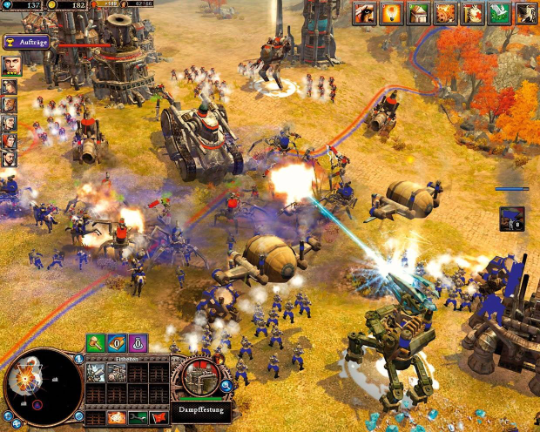

Yet it is a curious feature of the transformation of the Roman world into something recognisably medieval that it bred extraordinary tales even as it impoverished the ability of contemporaries to keep a record of them. "We see in late antiquity," so Averil Cameron, one of its leading historians, has observed, "a mass of experimentation, new ways being tried and new adjustments made." Roman power may have collapsed, but the various cultures of the Roman empire mutated and evolved. "Late antiquity" is the term scholars use for the centuries that witnessed its course. The transformation from the ancient world to the medieval is recognised as something far more protracted. Few now would accept that the conquest of Roman territory by foreign invaders was a guillotine brought down on the neck of classical civilisation. Historians, it is true, have become increasingly uncomfortable with narratives of decline and fall. Last summer, when the Guardian's Larry Elliott wrote an article on the woes of the US economy, the headline almost wrote itself: "Decline and fall of the American empire". "The decline of the two empires, Roman and British, proceeds at an equal pace." Now, with the west mired in recession and glancing nervously over its shoulder at China, the same parallel is being dusted down. In February 1776, a few months after the publication of the first volume of The Decline and Fall of the Roman Empire, Edward Gibbon commented gloomily on the news from America, where rebellion against Britain appeared imminent. W henever modern civilisations contemplate their own mortality, there is one ghost that will invariably rise up from its grave to haunt their imaginings.


 0 kommentar(er)
0 kommentar(er)
